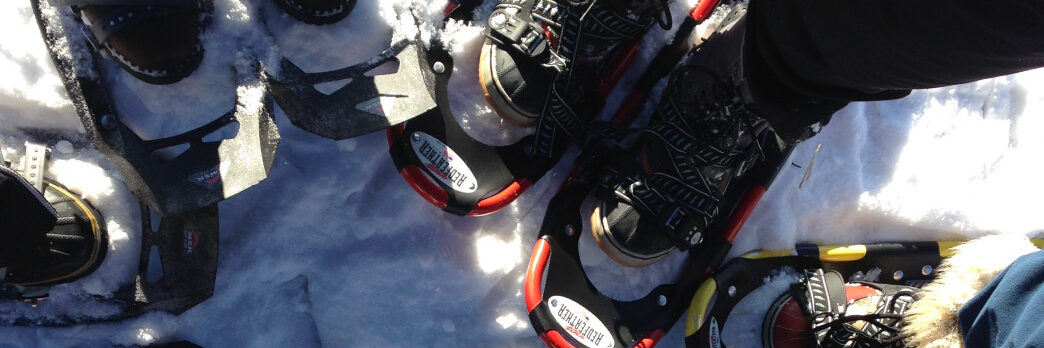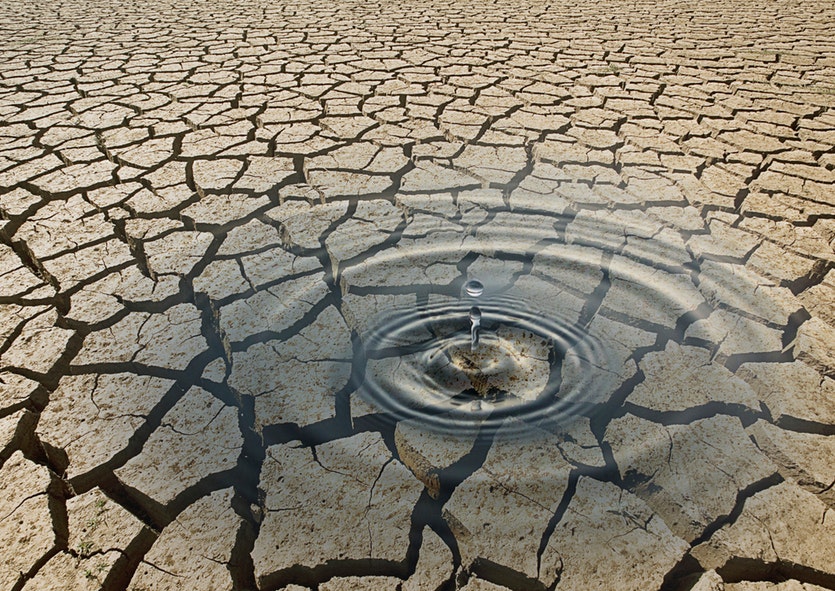Reflections on themes of living water and living gardens from Hebrew Scripture, gospel of John and Revelation
The spirit is so near that you can’t see it! But reach for it… don’t be a jar, full of water, whose rim is always dry. Don’t be the rider who gallops all night and never sees the horse that is beneath him. — Rumi If you want to get a feel for how God […]

